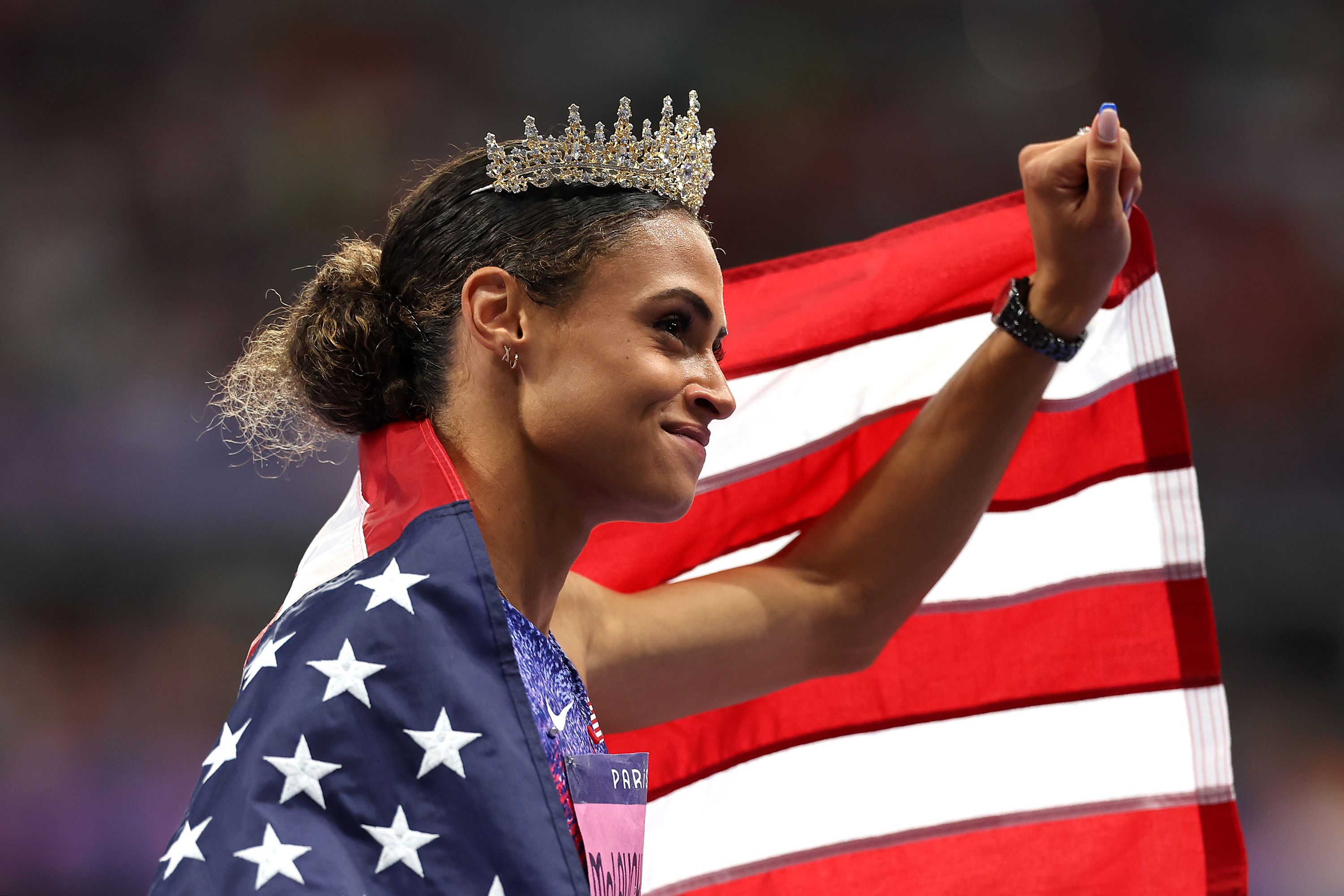I am a huge fan of the Olympics. The athletes are amazing. The games are exciting. The storylines are as good as anything you’ll see on TV. I love the passion the athletes and the fans have. It’s such a joy when the competition rolls around.
Of course, I watch through the lens of a fan and an executive performance coach. IT’s my job to get this kind of elite level from leaders in their chosen profession. The parallels of what I witness watching the games and what executives are called to do are similar – even if not on the same scale as a world-wide sporting spectacle.
Here’s my take on what I’m seeing in the Paris Olympics:
Mental Preparation is on the Forefront
Simone Biles is a leading voice for mental health in these games. With her very public bout with the mental pressure that sidelined her from the Tokyo Olympics three years ago, she is an upfront and vocal advocate of mental health as a preparation skillset.
Of course, we knew she would advocate for mental preparation & strength, since she spoke so much about it in the aftermath of Tokyo and leading up to these games.
She is not the only one advocating for specific mental training. In many post competition interviews, athletes cite their mental prep in addition to the physical prep as the propellant to their success in these games.
Cole Hocker, the gold medalist in the 1,500m track race, said the biggest differences in his 6th place Tokyo Olympic performance and his gold medal Olympic record performance this week was his fitness and his mental prep. He said he forced himself to say out loud and to write down his intentions of being an Olympic medalist. He said that exercise seeped into this unconscious and became a big jolt to his confidence that he possessed the mental & physical fortitude to make a move late in the race. That move gave him the gold.
The lesson here is simple. The physical elements of your goal are crucial. Cole is in the best fitness of his life, which puts him in a position to win. Yet, the mental game is what can take you over the edge to being able to meet the moment and be at your best when it matters that most.
The Redemption Olympics
Maybe it’s because these games are just 3 years separation from the Tokyo games (the 2020 Olympics were delayed to 2021 due to Covid), and many athletes are competing again – or maybe some of the favorites this year didn’t get the results they wanted 3 years ago, quite a few storylines revolve around redemption from prior games.
Again, Simone Biles was looking to redeem her previous Olympics experience. That was well documented in mainstream conversations. The women’s gymnastic team of 5 was composed of 4 of the 5 from the Tokyo games. In addition to upping their team silver to gold this year, each of the 4 returning athletes medaled in individual events – including Simone with gold in the all-around, vault & silver in the floor.
Grant Holloway, a favorite in Tokyo, missed the gold medal in the 110m hurdles by just over 5 hundredths of a second to take silver three years ago. He has been seen as the top performer in that event for years, yet not being able to close out races. He put his training to work and has not lost any race – including the multiple heats in an event – in the past year. He took gold impressively this week, cementing his title as the best hurdler in the world.
The takeaway is that what is finished is not final unless you say it is. Losing on the biggest stage that happens only 4 years is devastating. Yet, when you can accept the defeat and make the changes necessary, you can put yourself in position to become victorious again.
The Joy Found in Doing the Work
Katie Ledecky competed in her 4th Olympics, winning two more gold medals. Her total gold amount is nine. She is the most decorated US female athlete in history.
An obvious, if not insensitive, question to athletes like Katie is the question of “what’s next?” and “are you planning to compete in the next Olympics?” She answered emphatically, that she will plan to compete as long as she has a love for the work.
American Noah Lyles was highly anticipated and celebrated coming into the games. His boisterous, borderline cocky, confidence put him in the spotlight. He was hailed as one of the favorite sprinters coming into the games. He won the 100m with a photo finish. Then, just 2 days before he was to compete in his signature event – 200m race – he was diagnosed with Covid. With his history of asthma, his illness held him back just enough to miss the gold. He walked away from the games with a gold and bronze. It was not the results he wanted and trained for. Yet, his statement following his personally disappointing outcome tells you what you need to know about his attitude.
Noah wrote on social media: “It is not the Olympics I dreamed of but it has left me with so much Joy in my heart. I hope everyone enjoyed the show.”
We can learn something simple from two of the best performing athletes of these games – when we find joy in our work we can fight through the adversity that comes with high performance and put ourselves in the position to win our version of gold.
Let’s go Team USA 🇺🇸

